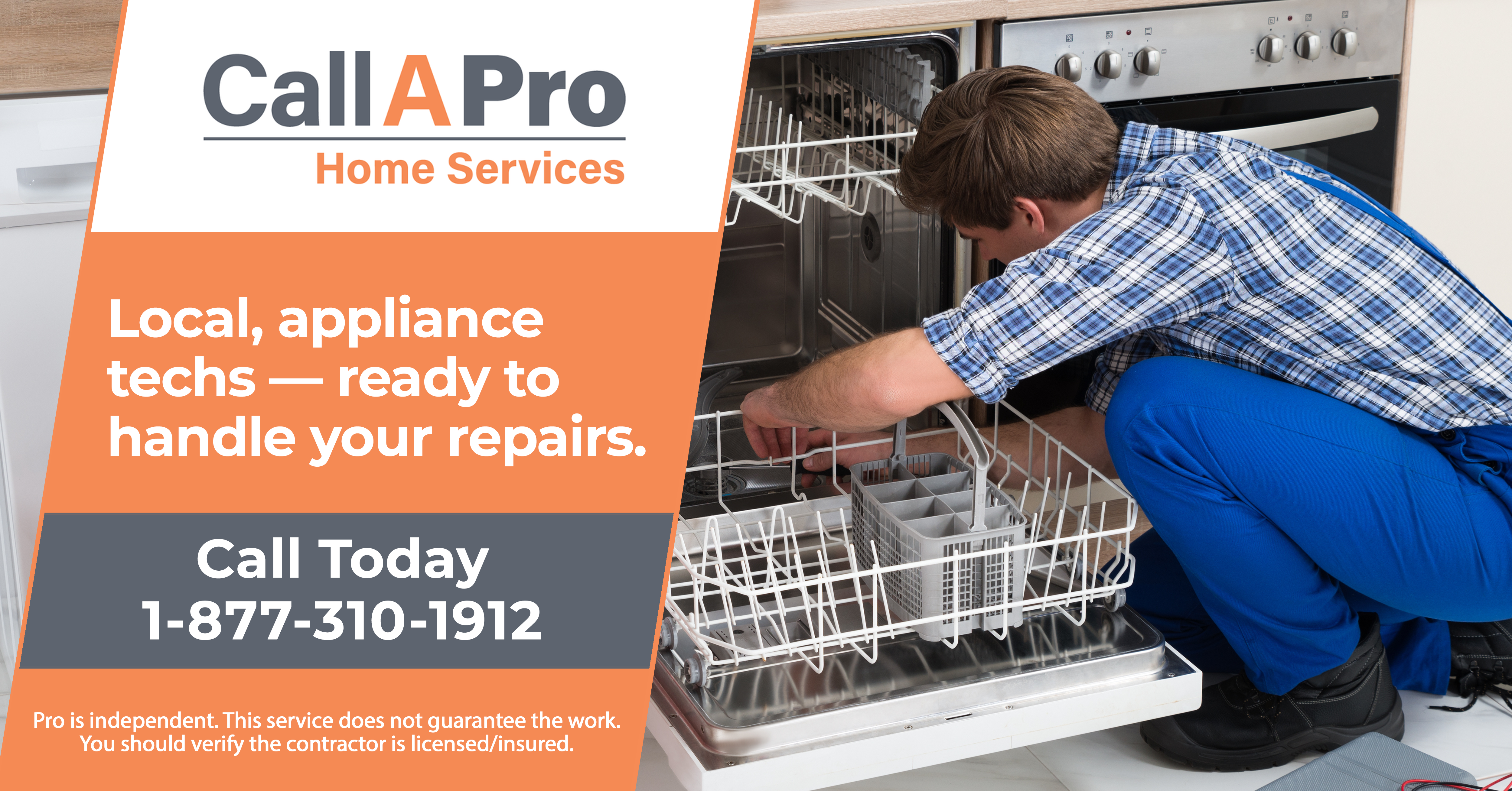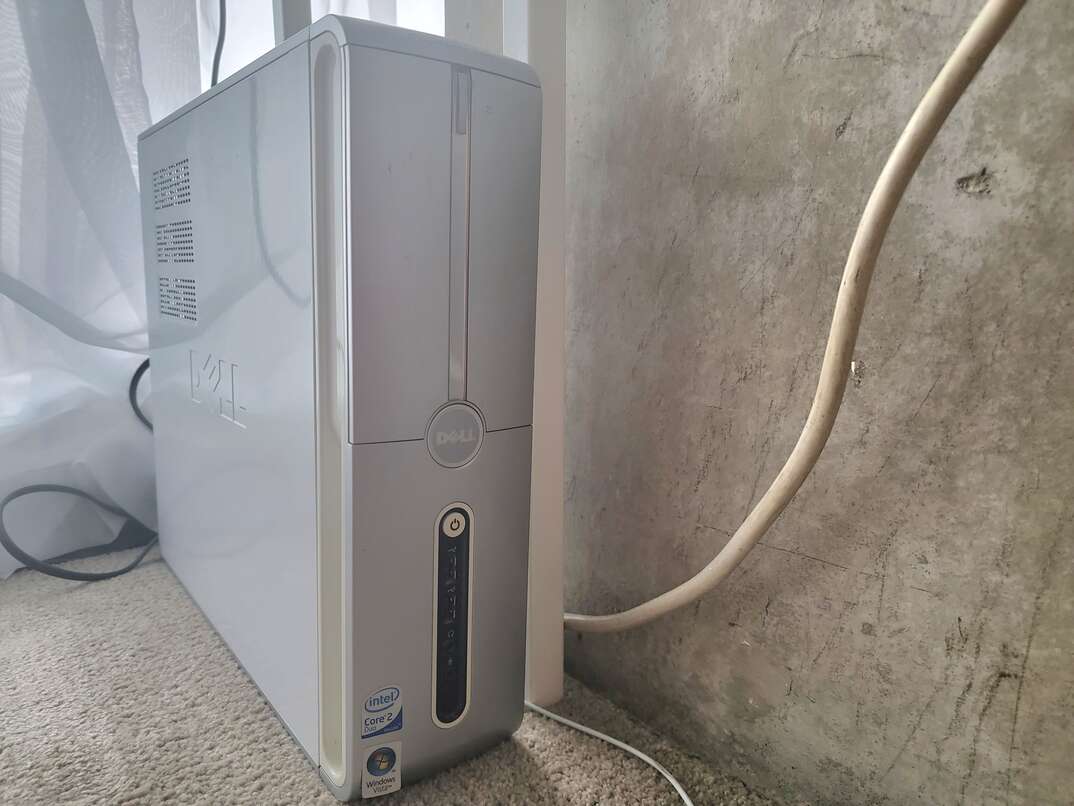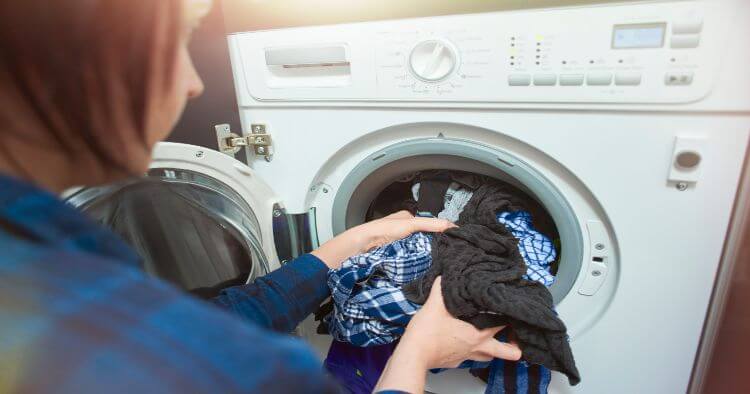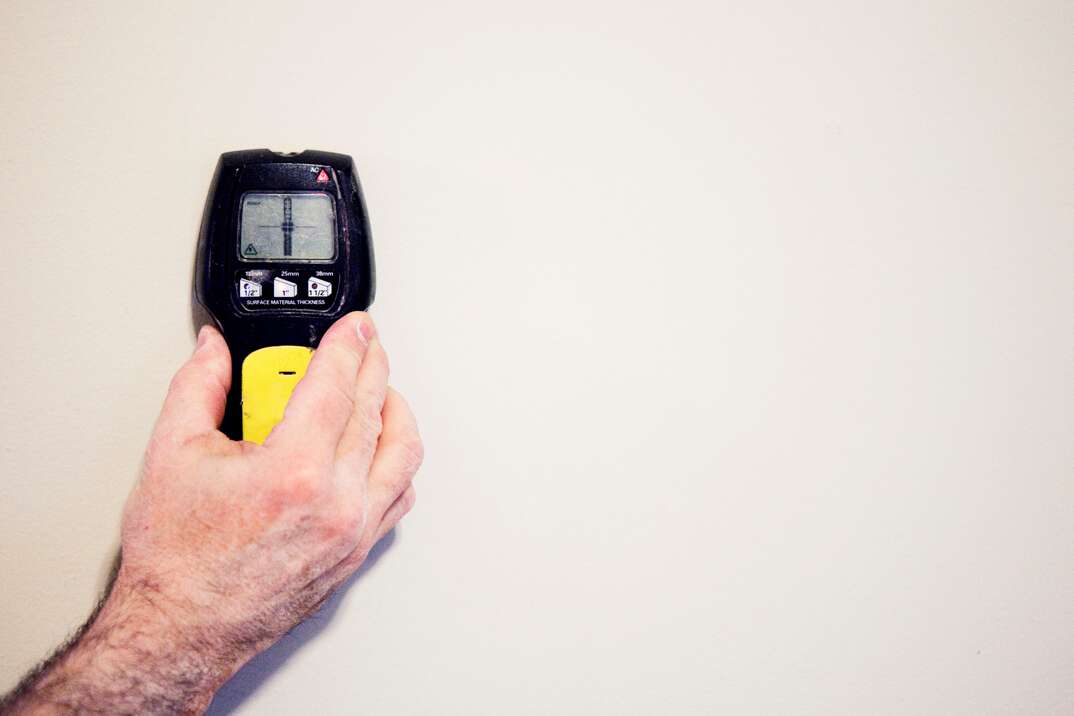Freezer Not Freezing? Chill Out! Here Are 3 Ways to Fix Common Problems
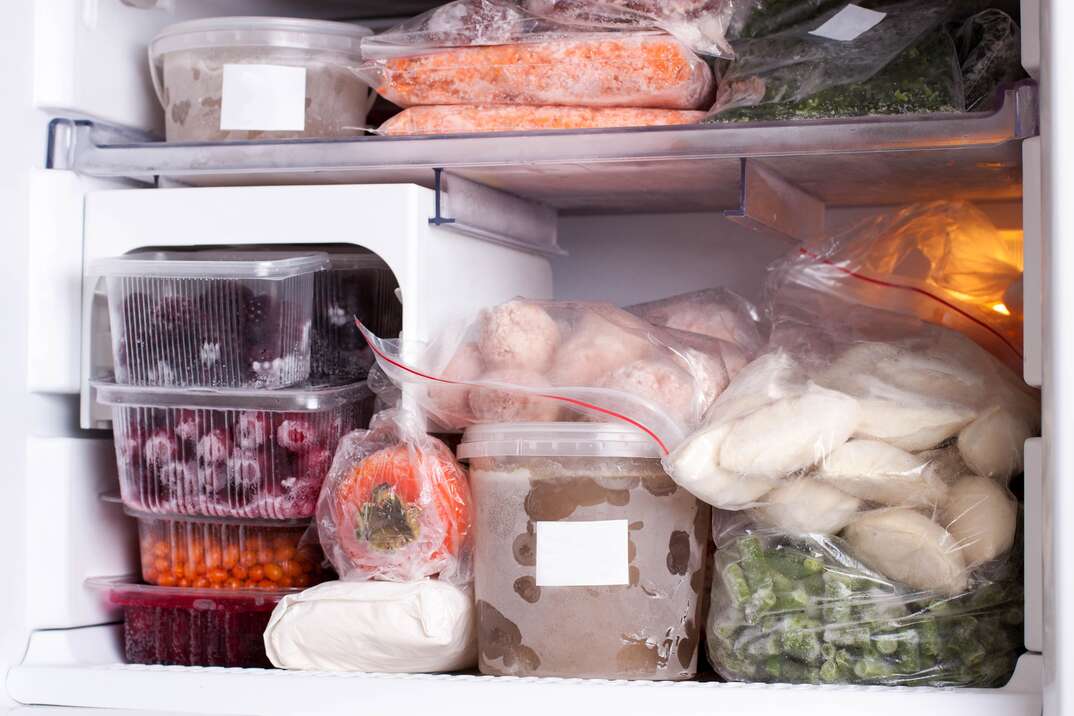
When working properly, your freezer keeps your pizzas frozen and your ice cream iced — perfect for a midnight snack. However, a freezer that doesn’t freeze isn’t good for much. If you’ve discovered your freezer is acting up, here’s how you fix it before you have to throw away any of your rapidly thawing food.
This May Also Interest You: Common Refrigerator Problems and How to Fix Them
Read on to learn about some of the most common freezer issues, how you can fix them yourself and how you can prevent these issues altogether.
How Your Freezer Works
The typical freezer works by compressing, condensing and evaporating a refrigerant gas to absorb the heat out of the items being frozen. It works on the concept that gasses, when condensed into a liquid, release heat. When gasses evaporate, they absorb heat. There are many different moving parts inside of the freezer that aid in this process. Unfortunately for homeowners, these parts can be prone to damage.
Parts of Your Freezer
Without proper training and experience, it can be next to impossible to identify every part of your freezer. However, it is important for homeowners to familiarize themselves with the key components. By doing so, you will have a better idea of what’s acting up when your freezer isn’t freezing your food properly.
These are some of the basic components of a freezer:
Compressor
This is the heart of both your freezer and refrigeration system. It pumps refrigerant gas to the different components to affect the refrigeration cycle.
Condenser
Condensers combine heat from the evaporator with heat from the compressed gas refrigerant and dissipate it into the air. This changes the gas refrigerant into liquid refrigerant.
Filter
This is an important part of your freezer as it filters out the dirt and iron particles from the refrigerant.
Evaporator
This absorbs the heat in the freezing and refrigerating compartments and transfers it to the condenser.
Accumulator
This stores refrigerant so the evaporator won't run out.
Common Freezer Issues
By recognizing some of these issues early, you can prevent further damage from occurring. You can also easily diagnose the issues with your freezer, making it possible to fix it yourself. Here are some of the most common problems:
Frost Keeps Building Up
This is typically caused by issues with the defrost cycle, but there are multiple different reasons why this may be happening. To minimize frost:
- Keep the freezer door closed.
- Organize your freezer.
- Stock freezers with two to three pounds of food per cubic foot of space.
- Avoid storing hot items.
- Dry off food before storing.
- Maintain a consistent temperature.
- Keep your freezer indoors.
Freezer Is Too Cold
This may sound weird. How can a freezer be too cold? Believe it or not, once your freezer dips below a certain temperature threshold, your food is at risk of going bad rather quickly. This is typically caused by a defective defrost heater, the device that melts frost buildup on evaporator coils.
Freezer Is Too Warm
The obvious purpose of your freezer is to freeze things, so the last thing you want is for your freezer to be too warm. This is often a sign the thermostat is broken. If broken, your thermostat won’t be able to accurately read the temperature and tell the appliance how cold it is inside the freezer.
Freezer Burn
This is likely caused by an issue in the way your food was stored. If the food is dehydrated, the water molecules evaporate into the freezer and get replaced with oxygen molecules. To avoid this, ensure the storage bags you’re using were designed for the freezer.
It’s Too Loud
Freezers are relatively silent, so a loud noise is often a sign that something is wrong. The source of the sound is usually the evaporator. Frost can also build up in the fan which can lead to loud noises.
More Related Articles:
- 5 Best Smart Refrigerators for Various Household Needs
- Repairing an Appliance Costs How Much?
- What Refrigerator Should I Buy for My Kitchen?
- Check Out the Average Cost to Service These Top 3 Refrigerator Brands
- You Only Need This One Appliance to Make Ice Cream At Home
When Your Freezer Isn’t Freezing: 3 Tips
Maybe you’re beyond the issues of freezer burn or frost buildup and your freezer is on its last legs. Here are some tips to get it working again:
1. Check the Seals
Seals are located around the door of the freezer. Their main purpose is to prevent warm air from flowing into the freezer and cold air from leaving the freezer. One of the easiest ways you can test whether your seals are working is by doing the “dollar bill test.”
Before you test, wipe down any spills or debris that could be preventing the seals from locking together correctly. Place a dollar bill flat against the seal and close the door. If you can easily pull out the cash, your seals are too loose. You can purchase replacement seals and install them yourself. If pulling the bill out requires a good deal of effort, the seals are probably fine. Be sure to test several sections of the gasket for good measure.
2. Move Items Around
This seems almost too simple to be a solution, but moving things around in the freezer can often provide a quick fix. Items that are improperly spaced can prevent the cold air from circulating properly. If items are too closely packed, it can block the airflow. Try rearranging your items and check again whether they’re freezing properly.
3. Don’t Freeze Up on Calling a Professional
We know it may seem tempting to try to complete repairs yourself, but there’s nothing wrong with calling a professional for help. A professional company with years of training and experience will be able to provide high-quality repairs. And, you won’t have to worry about messing up the process and causing further damage.
Since we’re all home now more than ever, being prepared for unexpected home repairs with a plan from HomeServe is important. Having a plan in place gives you the peace of mind knowing that you can simply call our 24/7 repair hotline for covered breakdowns. See what plans are available in your neighborhood.
